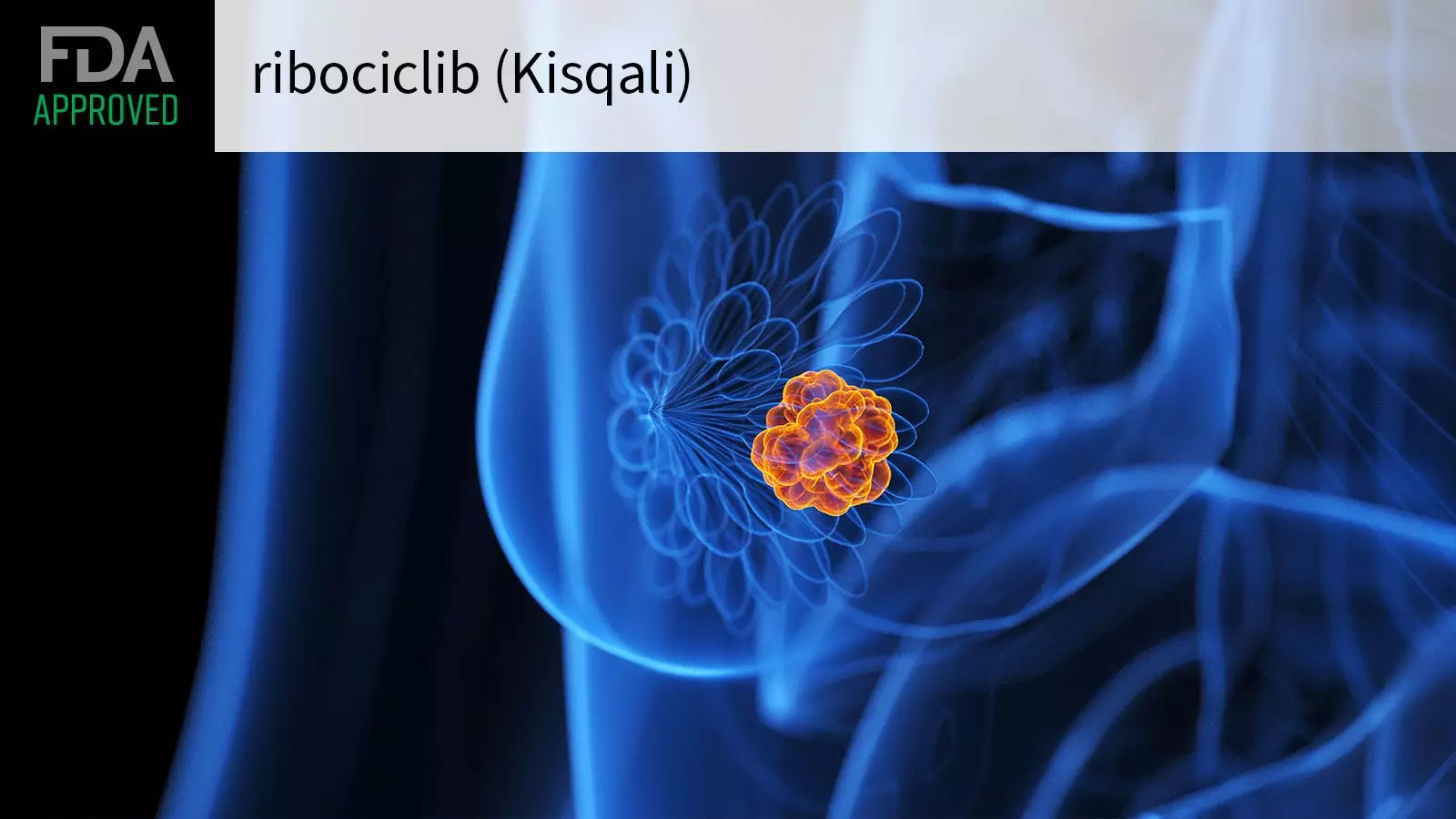In a significant advancement for breast cancer treatment, the U.S. Food and Drug Administration (FDA) has recently approved ribociclib, marketed as Kisqali, in conjunction with endocrine therapy as an adjuvant treatment for early-stage high-risk breast cancer. Previously, this medication was indicated solely for metastatic settings; however, recent strides have allowed for its application in early-stage cases, particularly for patients diagnosed with hormone receptor (HR)-positive, HER2-negative tumors. The approval offers hope to many facing a daunting risk of recurrence after surgical interventions.
Ribociclib belongs to a class of medications known as CDK4/6 inhibitors. These agents function by interrupting cell cycle progression, ultimately hindering cancer cell growth. The recent FDA decision heralds a new therapeutic landscape which includes patients with stages II and III breast cancer, expanding from the previously approved indications for late-stage disease. This is particularly necessary as a considerable number of patients fall into the high-risk category post-surgery but do not yet experience metastasis.
Notably, ribociclib joins abemaciclib (Verzenio) as a treatment option for early breast cancer, but its broader indication capturing node-negative (N0) disease substantially increases the population eligible for adjuvant therapy. According to Novartis, the manufacturer of Kisqali, this pivotal approval essentially doubles the number of early-stage breast cancer patients who can benefit from this innovative treatment approach.
The clinical understudy of ribociclib underwent comprehensive testing in the NATALEE trial, which involved over 5,100 subjects displaying early-stage breast cancer characteristics. The findings were promising: the combination of ribociclib with a non-steroidal aromatase inhibitor resulted in a 25% reduction in the risk of disease recurrence compared to using an aromatase inhibitor alone. Within three years, the invasive disease-free survival (iDFS) rates revealed significant results, with 90.7% in the ribociclib group versus 87.6% in the control cohort.
Further analysis presented a more profound advantage, as data reported at the annual European Society for Medical Oncology congress indicated an increased benefit of iDFS (HR 0.715, 95% CI 0.609-0.840, P



Leave a Reply